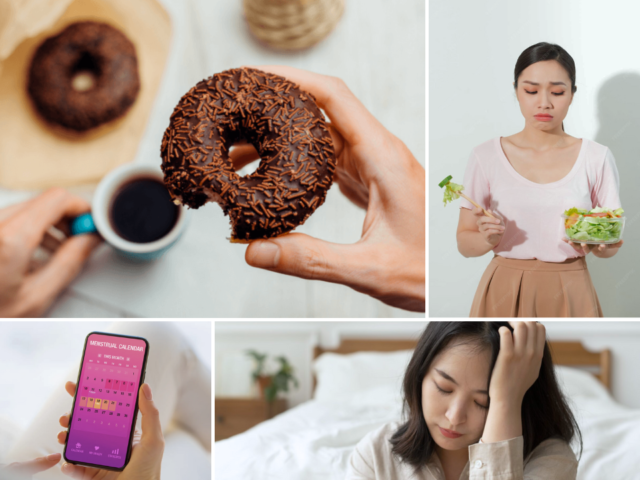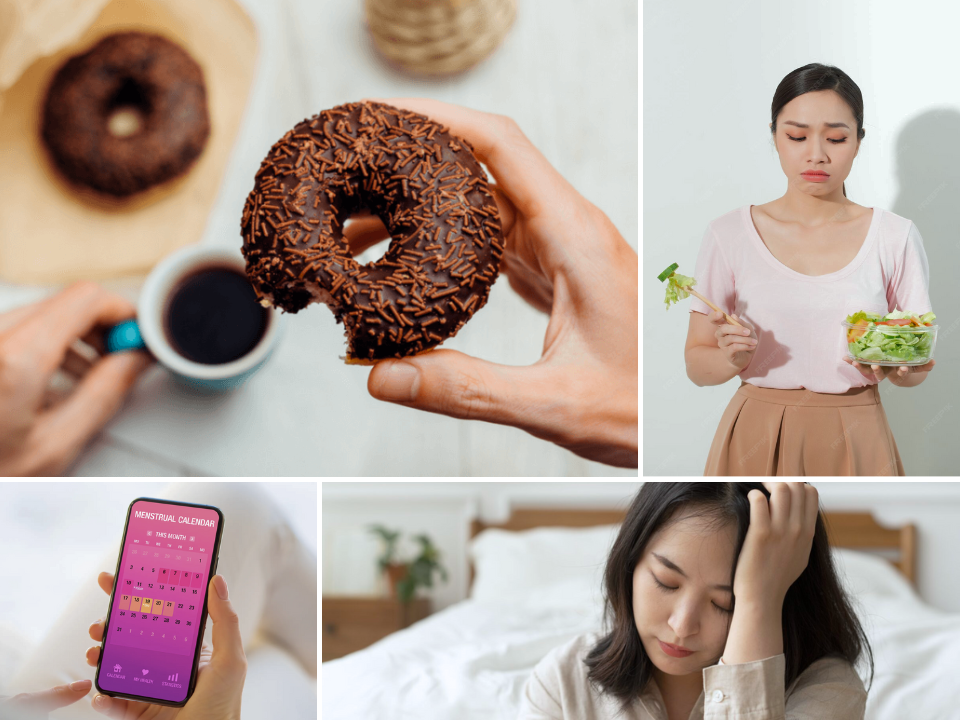
Done with the main course, make way for dessert! But seriously, though, if you just had a meal, what makes it reasonable to have a slice of cake afterward? Where do these sweet desires come from? Why are you craving for sugar and what are the causes for it?
Introducing, Sensory-Specific Satiety
Actually, the science supporting this occurrence is rather simple and has to do with your senses becoming bored. Dessert stomach, more formally known as sensory-specific satiety, is the phenomenon wherein an item of food loses appeal the more of it you eat of the same kind. Thus, even though you may have a wide range of foods in one meal, they all satisfy the taste in a comparable fashion.
1. Hormone Fluctuation
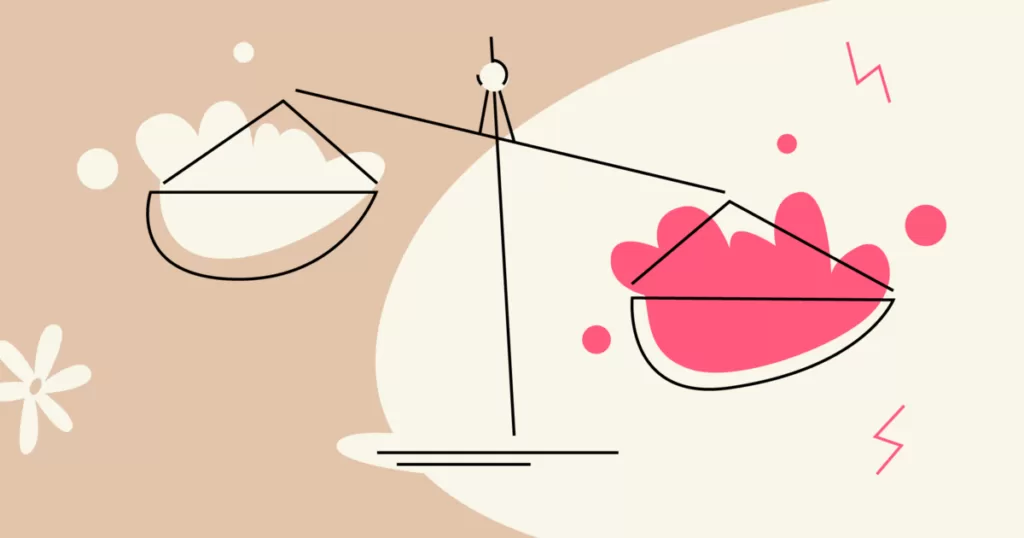
Image via Flo
“My period is coming up. I need chocolate!”, says her. Due to impacts on glucose metabolism and insulin sensitivity, it has been demonstrated that variations in estrogen and progesterone levels during the menstrual cycle might lead to cravings for sweet, high-carb foods prior to menstruation. Stress is also one of the causes for the body to release cortisol, which increases the synthesis of ghrelin which then increases hunger.
2. Sleep Insufficiency
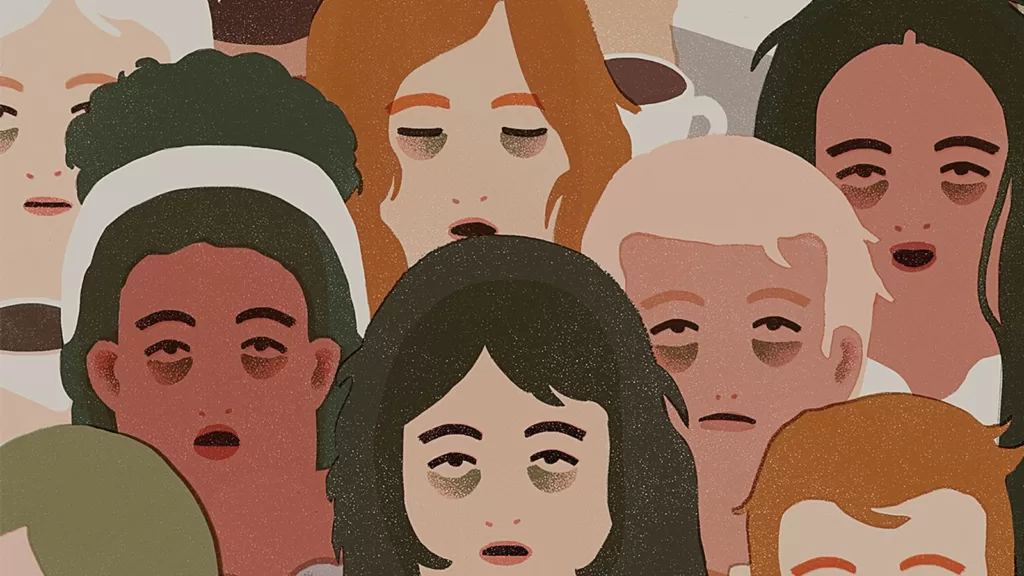
Image via Binus University
Another possible cause of sugar cravings is sleep deprivation, which stresses the body. Let’s get to know these hormones:
- Ghrelin stimulates hunger
- Leptin suppresses appetite
These two hormones and your insulin sensitivity will all be affected from sleep deprivation, which will result in you gravitating towards sugary meals. That is why when you can’t sleep at night, you resort to eating sweet foods to curb with hunger.
3. Poor Nutrition
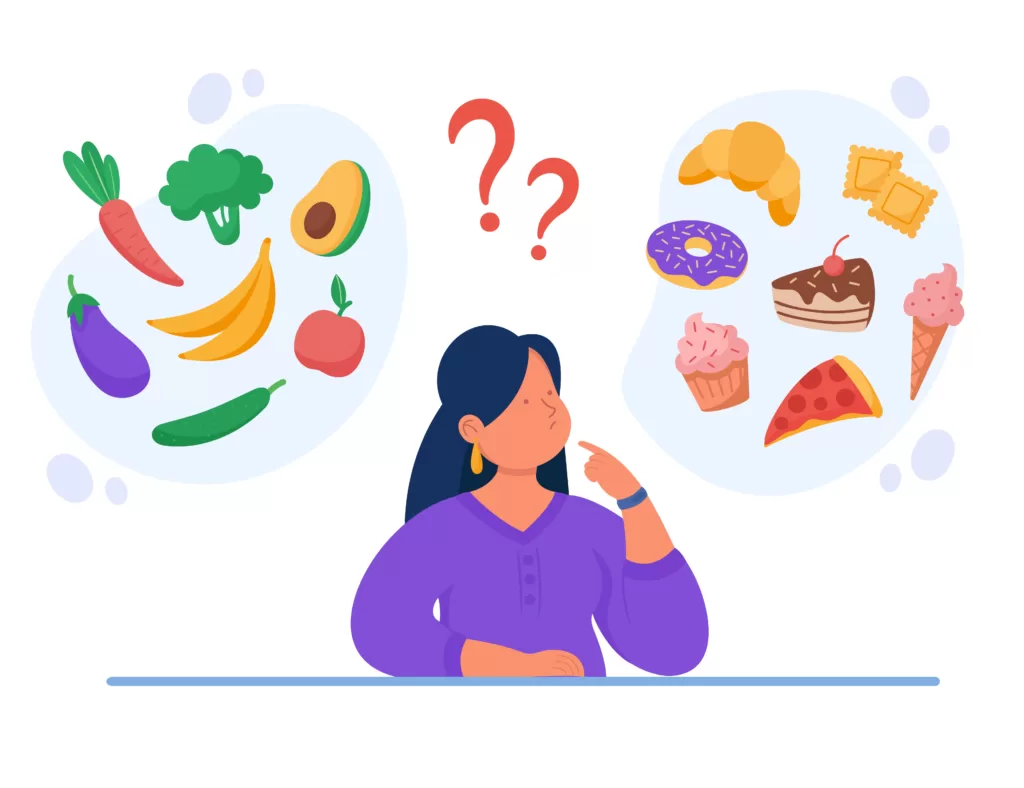
Image via Freepik
Sugar cravings are frequently caused by undereating. Human life depends on calories, and getting enough of them is crucial to giving the body the nourishment and energy it needs to function at its best. Cravings might be the body’s way of obtaining energy when we undereat or restrict our intake of calories. Although a calorie deficit is necessary to lose weight, the amount of that deficit can significantly affect desires.
4. Habit Formation
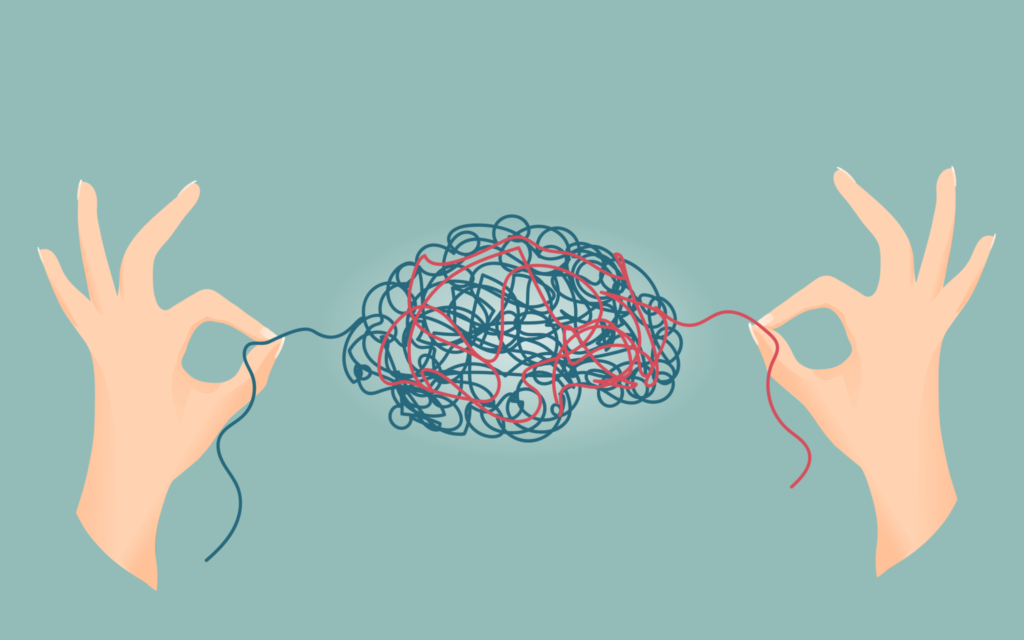
Image via Mindful.org
You are not hungry. Your mouth is just… lonely. And whenever it is lonely, you need to find something within reach to accompany it. Biscuits, ice creams, or chocolate, you name it, all of these are the first things that you look for whenever this happens. Whether you are used to being fed desserts after dinner by your mother, or simply allowing yourself to get the chocolate when you are bored, it can turn into a behavioral pattern. It might be hard to untangle this habit, but with patience, you will eventually get rid of it.
5. Emotional Response
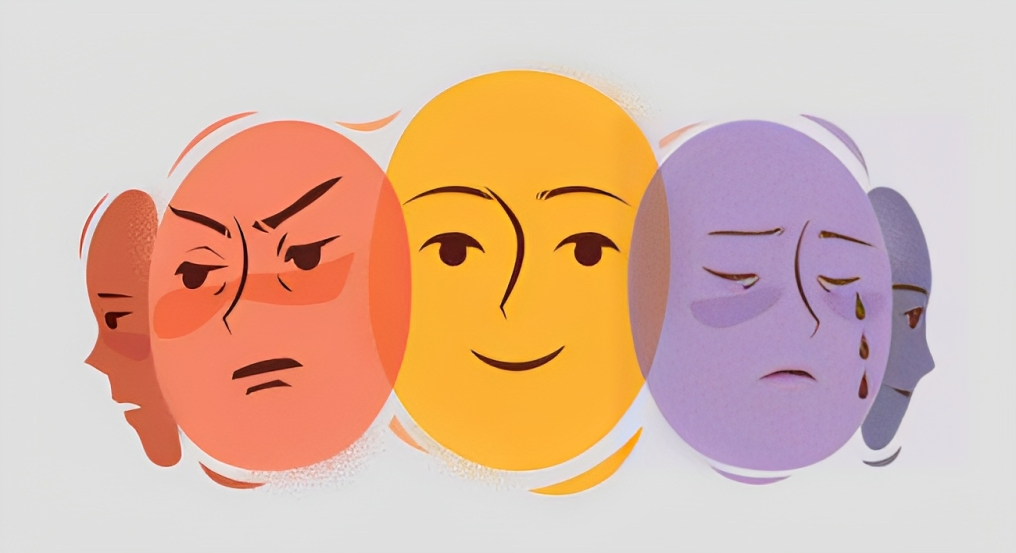
Image via iStock
Notice how whenever you are not feeling good, your brain tells you to have an ice cream? Unsurprisingly, sugar has an impact on your emotions. Short-term effects of sugar include disruption of the body’s “feel good” neurotransmitters, dopamine and serotonin, which improve mood and give us more energy. Sugar consumption is positively associated with this short-term increase, making it a useful coping mechanism for stress, anxiety, despair, and other negative emotions.
Sugar cravings can be caused by a variety of factors, such as habits, emotions, hormones and sleep deprivation. You can learn to zap your sweet tooth in a more balanced way by engaging in intuitive eating. Now that you have identified the causes of sugar craving, try to stay away from things that can trigger those causes.




